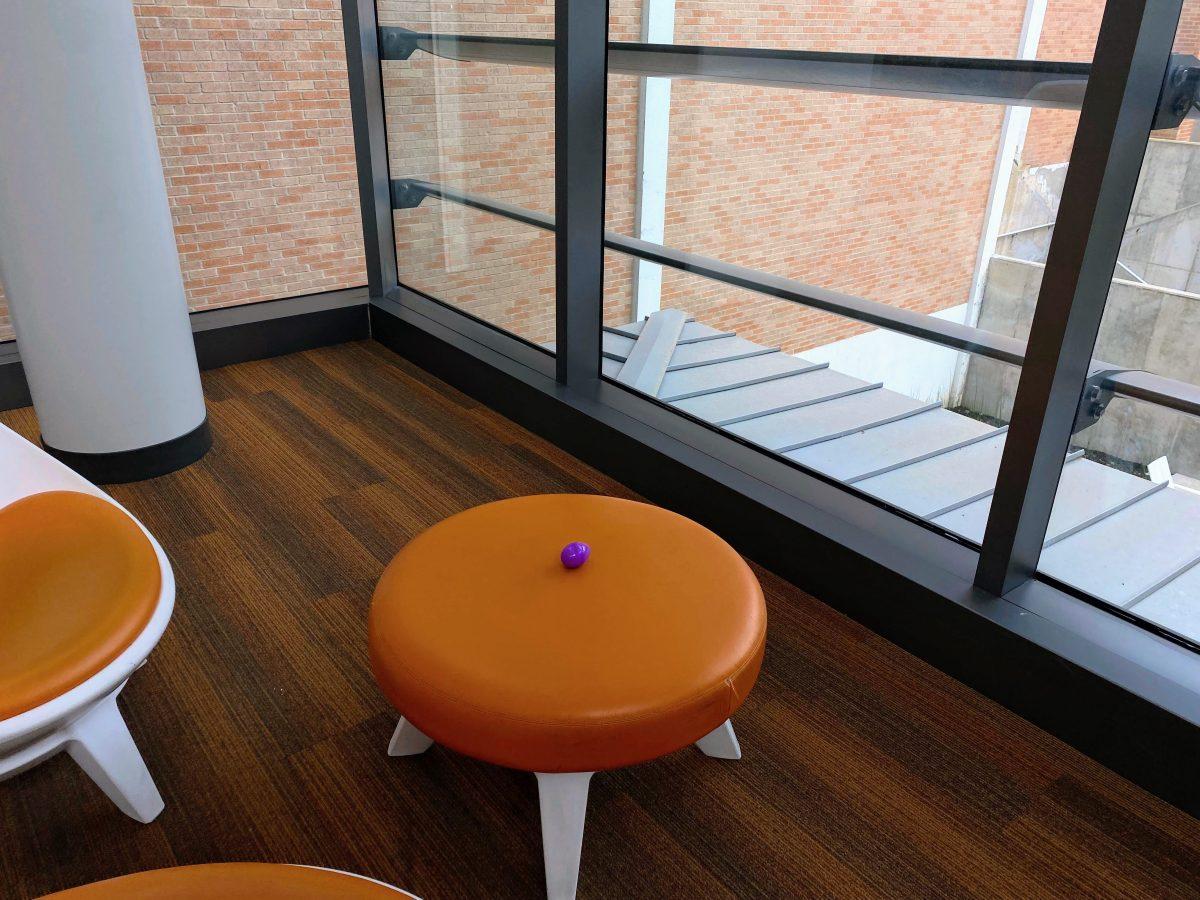Various administrators are considering charging on-campus fees to online-only students. Those costs are currently waived but could total $275 extra per student. The university is also looking into raising the legislative cap on the Lowman Student Center and recreational sports fees.
WAIVING THE WAIVER
LSC fees, student health center fees and recreational sports fees are all waived for 100 percent online students per a 2001 university policy. However, according to a plan released by the vice president of student services office, Sam Houston State University administrators want to increase the number of students who pay those fees.
Carlos Hernandez, vice president of finance and operations, said while there are other options on the table, he’s leaning more towards eliminating the waiver across the board for online-only students.
“We are still in conversations over the different alternatives that are available,” Hernandez said. “The one that we’re considering most strongly at this point is eliminating the waivers altogether for the simple reason that it allocates the cost more broadly amongst a population of students that is larger. It generates more revenue for those underlying operations, thereby allowing us to do some things that we as an institution have a desire to do and that the student population on campus would like to see as well.”
Hernandez said the university and the student body are in need of new facilities, such as an expanded student center and recreational sports center.
Frank Parker, vice president of student services, said the need is obvious, but the funds are not due to the various waivers already in place.
“I always like to tell people that student fees or fees to go to college create, if you will, this ball that’s a ball that bounces in the students’ favor,” Parker said. “But what happens when groups start to take pieces out of that ball, it no longer bounces the way it should bounce, and you have an odd situation.”
The plan details two options for increasing revenue for the university, one of which is eliminating the waiver for online-only students. The other option suggests eliminating the waiver for online-only students who live within a 60-mile radius of campus.
Parker said the first option is best, because it increases the number of students paying into the services. He also said the second option is unfavorable because it would create a definitive distance where students would be forced to pay the fee and others would not. He said for example, if a student lives 59.9 miles from campus, he or she would have to pay the fee while a student who lives 60.1 miles away is not forced to pay.
“We’re looking at several million dollars over the years if we don’t collect that fee that would allow for the much needed expansion of our recreational sports facility and… student center,” Parker said.
However, Student Body President Spencer Copeland said he feels distance-based fee assessment is more favorable for those students who are online only.
“While the options the university administration is a proponent of would bring in more revenue for the university, I disagree that all these students would be reasonably expected to use the facilities,” Copeland said. “If you are a student living in Dallas, Austin or El Paso, you would not be reasonably expected to use the facilities of Sam Houston State University on a daily, weekly, or even monthly basis. These students may be faced with these fees if we do not institute a radius plan.”
Copeland’s full response can be found online at HoustonianOnline.com/viewpoints.
RAISING LEGISLATIVE CAP
On top of trying to eliminate the waiver for online-only students, both offices are hoping the Texas Legislature will pass legislation raising the statutory cap on student center and recreational sports fees for SHSU.
The current statutory cap, or the highest amount SHSU is allowed to charge students for certain fees, is $100 for both the student center and recreational sports fees. If the cap were raised during the upcoming legislative session, Parker said his office would seek to increase the fees – but only with student approval.
State law currently says students must approve any and all increases in student center fees. For the recreational sports fees, the law dictates that any increase more than 10 percent must be approved by a majority of students.
Parker said any increase in the future outside of the 10 percent allowed for the recreational sports fee would go to a student referendum, as dictated by state law.
“We never would [increase the fee without student input],” Parker said. “Not on my watch, because we think it’s important [for students] to say this is necessary.”
Students voted in 2012 to raise the student center fee from $60 to the statutory cap of $100 for the construction of an expanded LSC. Despite the funding increase, Hernandez said it was not enough.
“There’s no room for growth unless we get statutory authority to increase that fee,” Hernandez said.
In years past, the university has asked state representatives to raise the cap, but they refused to take it into consideration.
“The first year we had it, we couldn’t get anybody to carry the legislation,” Parker said. “It was really a conservative legislature that said anything that we look at, even raising the cap even though it didn’t say raising any fee, could be looked at as a tax or a fee, and it wasn’t. It was just a permit to go higher, because the legislation for the student center fees were written around 1980. We looked for an updating of those fees.”
Last legislative session, State Rep. John Otto (R-District 18) was asked to carry legislation that, if passed by the state legislature, would raise both of the caps to $200 fees. Otto proposed house bills 2313 and 2491 in 2013 which would raise the caps, but the bills died after they were referred to the Higher Education Committee, according to Otto’s office.
“This year, we want to carry it again and see if that allows us to do it,” Parker said.
Among tuition revenue bond requests, University President Dana. G. Hoyt will present her legislative agenda to the state legislature sometime before it convenes in January 2015.
Keith Jenkins, associate vice president for student services facilities and operations, said that should the legislature approve a statutory cap raise, the VPSS office will revisit the designs and necessity of the LSC expansion, and if they don’t, they will seek other options in students’ favor.













